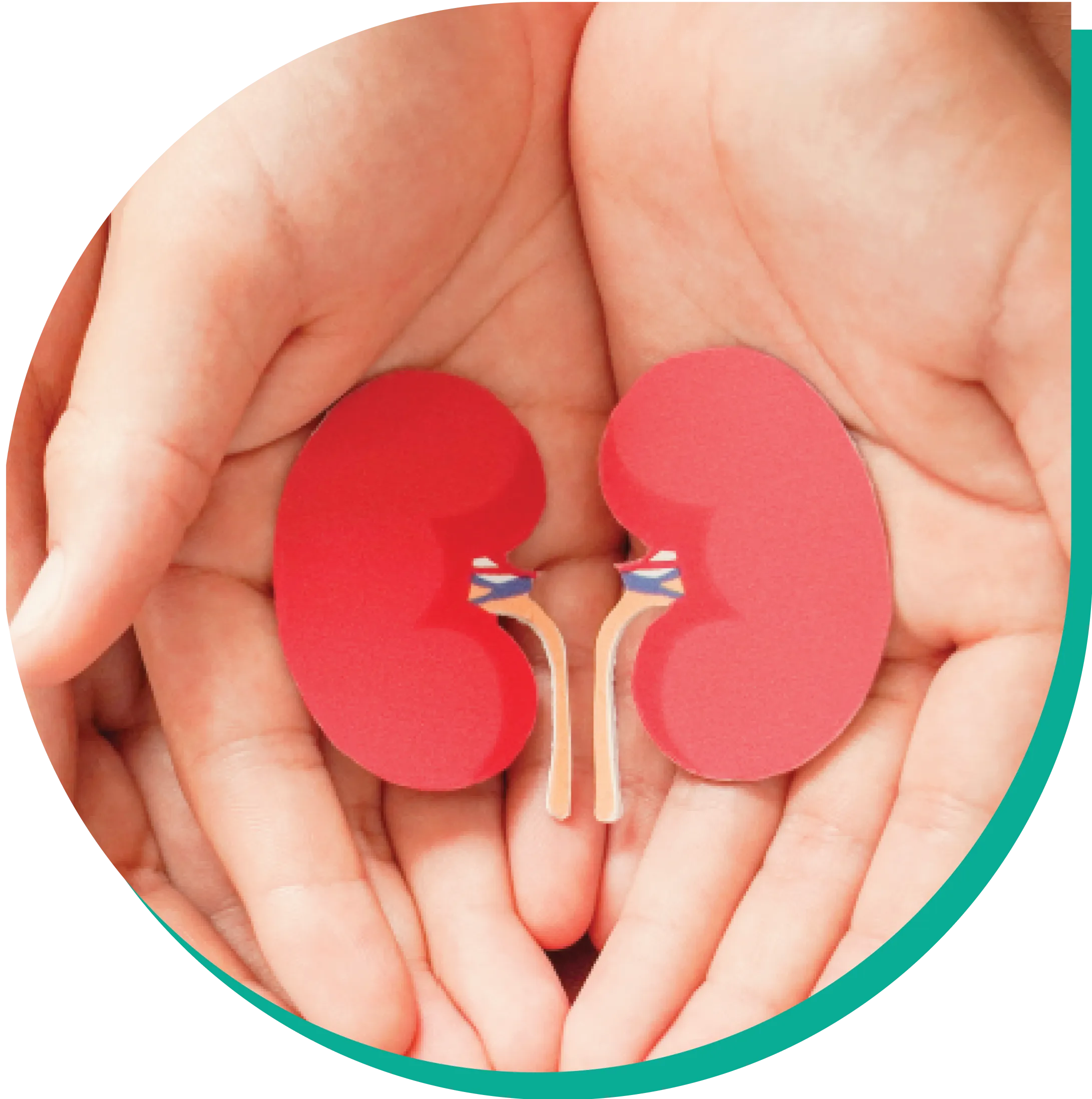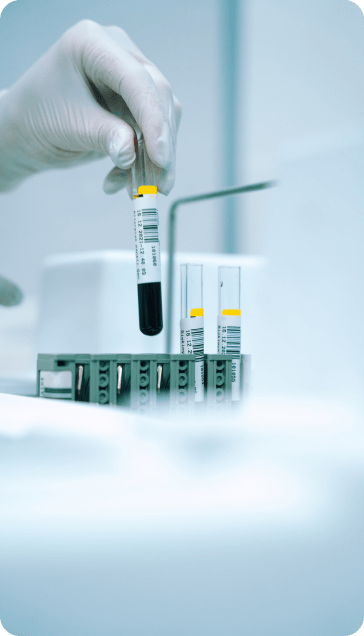
Al Borg Diagnostics
Kidney Diseases
What is kidney disease?
When you have kidney disease, your kidneys are no longer able to remove waste effectively from your body or balance your fluids. This buildup of wastes can change the chemistry of your body, causing some symptoms you can feel and others you don’t.
What are the symptoms of kidney disease
- Change in urination
- Swelling
- Fatigue
- Skin rash
- Metallic taste in mouth
- Nausea and/or Vomiting
- Shortness of breath
- Feeling cold
- Dizziness
- Trouble concentrating
- High blood pressure
What are the risk factors for kidney disease?
- Diabetes.
- Hypertension.
- Glomerulonephritis.
- Genetic diseases such as Polycystic kidney disease (PKD).
- Autoimmune diseases.
What tests do doctors use to diagnose and monitor kidney disease?
A blood test that checks how well your kidneys are filtering your blood, called GFR (glomerular filtration rate). A urine test to check for albumin. Albumin is a protein that can pass into the urine when the kidneys are damaged. ACR (Albumin to creatinine ratio).
Other Laboratory tests for Kidney:
Urea – Creatinine – Sodium – potassium – Calcium – Phosphorus -Creatinine clearance – Hemoglobin – Glycated hemoglobin.
What should I do if I have Kidney disease?
- Control your blood pressure and blood glucose.
- Monitor your kidney health.
- Take medicines as prescribed.
- Follow a renal meal plan.
- Do physical activity.
- Aim for a healthy weight.
- Get enough sleep.
- Stop smoking.
- Avoid stress and depression.
Check your Kidney Health With Kidney Care





